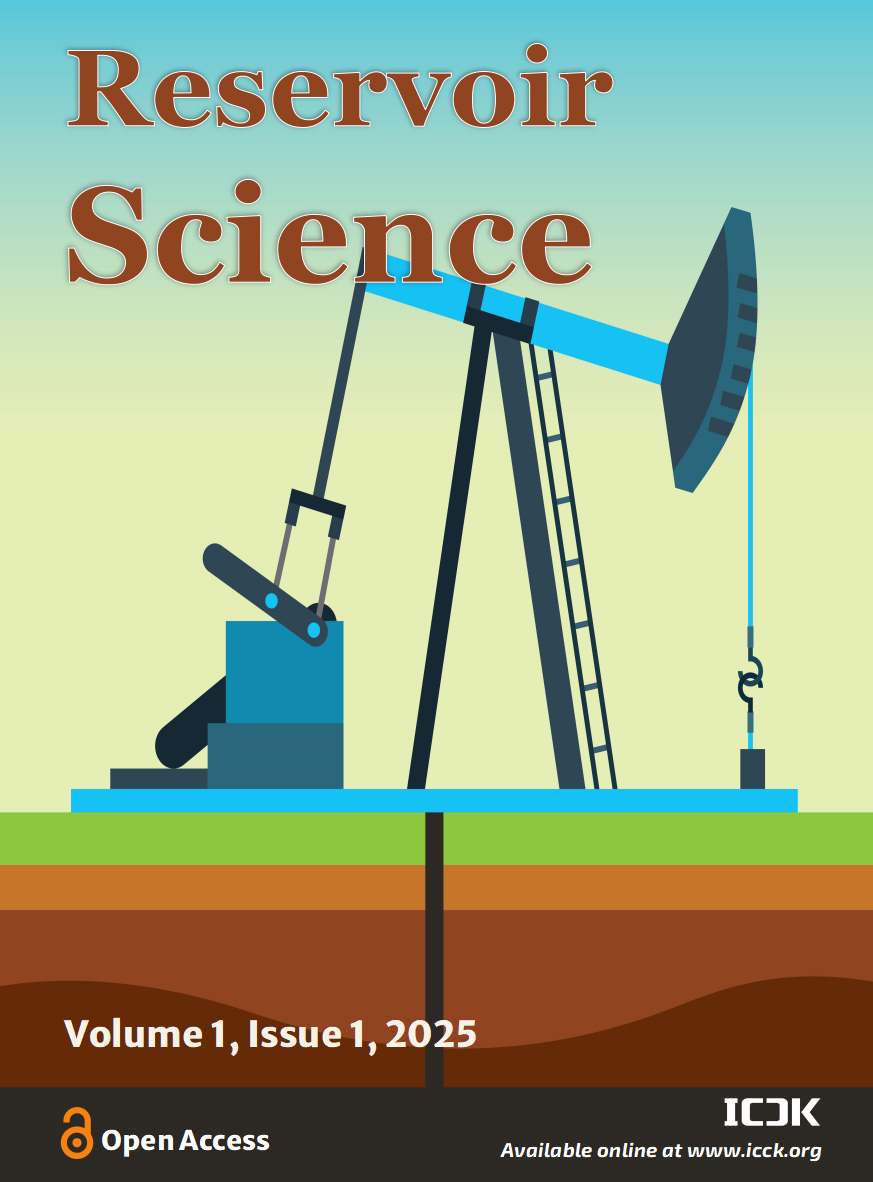Abstract
Reservoir Science (RS) journal represents a significant milestone in the pursuit of energy extraction, energy storage, and the multifarious effects of climate change, which are influenced by the dual factors of global climate variability and energy scarcity. Concurrently, Reservoir Science is dedicated to the dissemination of innovative modules and research domains pertaining to energy extraction, energy storage, reservoir environment and greenhouse gas storage. Furthermore, the field of Reservoir Science encompasses the exploitation of geothermal energy, hydrocarbons (petroleum, hydrates) and hydrogen energy within reservoirs. The research scope of Reservoir Science encompasses not only the domain of reservoir energy storage, which falls under the purview of energy storage engineering, but also that of carbon storage science. Finally, the question of environmental impact on reservoirs during energy extraction and storage is a fundamental aspect of Reservoir Science journal.
Data Availability Statement
Not applicable.
Funding
This work was supported without any funding.
Conflicts of Interest
The author declares no conflicts of interest.
Ethical Approval and Consent to Participate
Not applicable.
Cite This Article
APA Style
Li, Q. (2025). Reservoir Science: A Multi-Coupling Communication Platform to Promote Energy Transformation, Climate Change and Environmental Protection. Reservoir Science, 1(1), 1–2. https://doi.org/10.62762/RS.2025.352950
Publisher's Note
ICCK stays neutral with regard to jurisdictional claims in published maps and institutional affiliations.
Rights and Permissions

Copyright © 2025 by the Author(s). Published by Institute of Central Computation and Knowledge. This article is an open access article distributed under the terms and conditions of the Creative Commons Attribution (CC BY) license (
https://creativecommons.org/licenses/by/4.0/), which permits use, sharing, adaptation, distribution and reproduction in any medium or format, as long as you give appropriate credit to the original author(s) and the source, provide a link to the Creative Commons licence, and indicate if changes were made.


 Submit Manuscript
Edit a Special Issue
Submit Manuscript
Edit a Special Issue
 Copyright © 2025 by the Author(s). Published by Institute of Central Computation and Knowledge. This article is an open access article distributed under the terms and conditions of the Creative Commons Attribution (CC BY) license (https://creativecommons.org/licenses/by/4.0/), which permits use, sharing, adaptation, distribution and reproduction in any medium or format, as long as you give appropriate credit to the original author(s) and the source, provide a link to the Creative Commons licence, and indicate if changes were made.
Copyright © 2025 by the Author(s). Published by Institute of Central Computation and Knowledge. This article is an open access article distributed under the terms and conditions of the Creative Commons Attribution (CC BY) license (https://creativecommons.org/licenses/by/4.0/), which permits use, sharing, adaptation, distribution and reproduction in any medium or format, as long as you give appropriate credit to the original author(s) and the source, provide a link to the Creative Commons licence, and indicate if changes were made. 